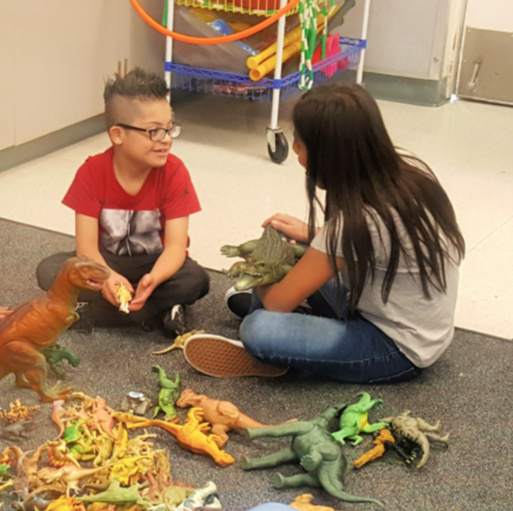In the age of cyber bullying where recurring aggressive behavior is no longer outgrown but modeled and even praised, how do we even begin to address bullying and provide more than lip service about tolerance?
Growing up bullying was a twisted rite of passage. There was no reprieve from being repeatedly targeted by relentless ringleaders and their loyal followers. Turning to adults often only added to the shame with labels like “too sensitive” or advice to “toughen up.” Bullying is not as natural as puberty or just an awkward growing pain of adolescence. I wish the adult me could’ve told the child me that I’d be okay and that the ignorant opinions of the people and “frenemies” who teased and humiliated me wouldn’t matter when I grew up.
Of course, I couldn’t tell younger me that those who bullied me wouldn’t matter years later, but I can and do tell students on my campus this and so much more. Working collaboratively with a general education colleague and friend teamed with diligent instructional assistants who shared our passion, together we set out to facilitate meaningful learning experiences and friendship building opportunities with the special education students in my class. That was 19 years ago, and we haven’t looked back as our buddy program moves forward and grows stronger with each passing year.
Each year a dozen nervous, shy, curious and quietly courageous general education students enter my class not quite sure they want to be there. Yet, within a few short months when the school year ends, they cry and don’t want to leave. Although they’ll be leaving their special needs friends, the life lessons they learned because of their relationship with them will forever remain.
Bullying ends where friendship begins. The seeds of friendship are planted, watered and nurtured to blossom in our buddy program. It is beautifully unique, as wonderfully unique as my special education students. Unfortunately, it’s too unique in that programs and regular sustained collaborative efforts such as this aren’t the norm, but they should be. The effect of actions over words in this approach to anti-bullying is that it’s not just a brief annual campaign. It engages students through hands-on activities resulting in genuine relationships that extend outside my class.
Special needs students don’t know they’re not a typically developing child on my campus. They don’t know they’re different because they’re treated like they’re “normal.”
Every special education student should have the benefit of their general education peers playing with them at recess, waiting for them at the buses, eating with them and most importantly remaining their friend as they enter middle school.
I hear from many upper grade colleagues about general education students walking through the halls or the track with the special needs friends they made in my class way back in elementary school.
Forever a buddy, never a bully.
Alicia Christiansen
Latest posts by Alicia Christiansen (see all)
- Plantar la Semillas de la Amistad Reduce el Acoso - November 19, 2019
- Planting the Seeds of Friendship Reduces Bullying - November 13, 2019
- Día de Los Muertos, Demencia y Mi Papá - November 3, 2019
- Day of the Dead, Dementia, and My Dad - November 2, 2019
- Nuevo Año Escolar Nuevos Estudiantes Nuevo Tema y Ya Estoy Cansada - October 2, 2019

